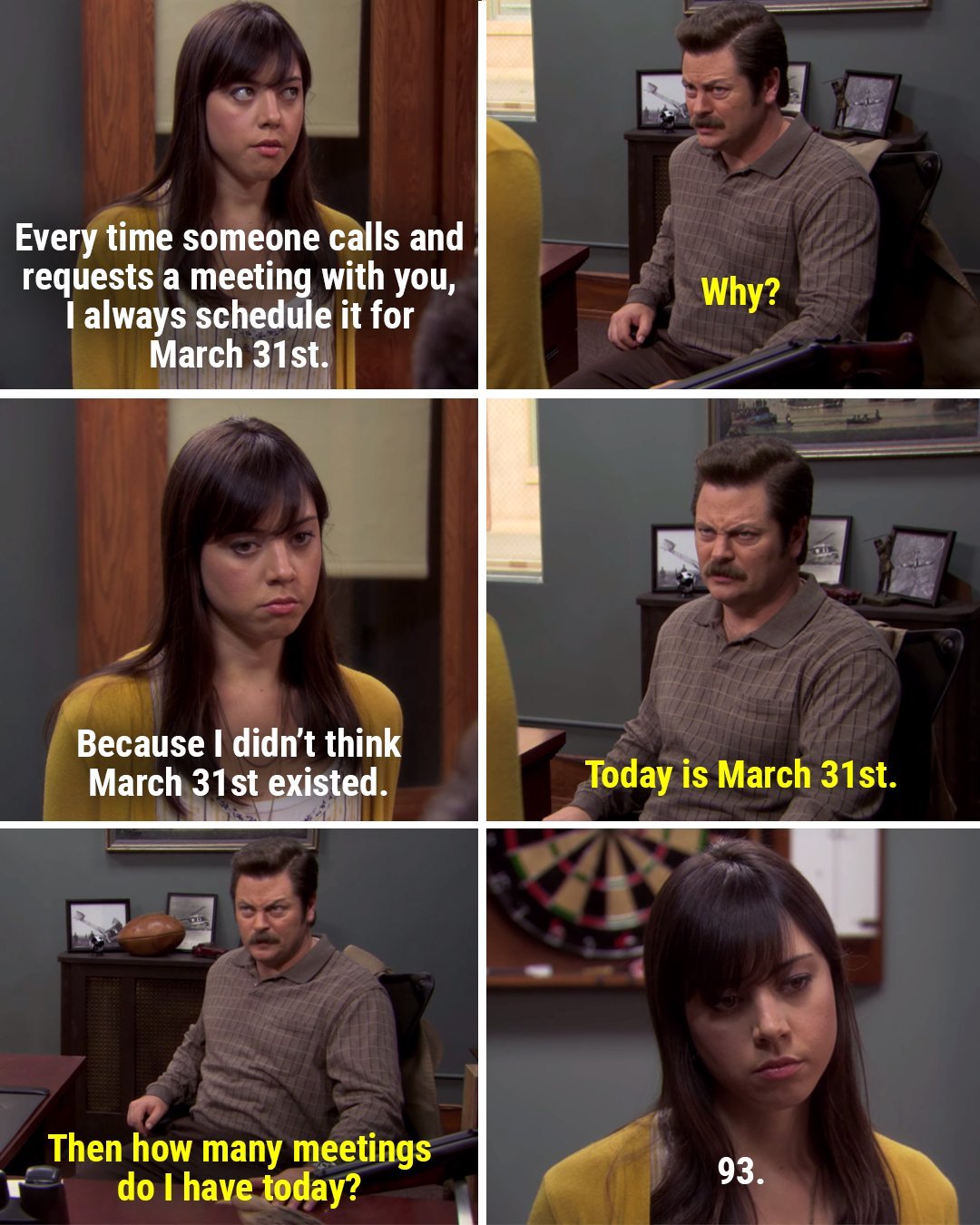Mij
Senior Member (Voting Rights)
Abstract
Background
Coronavirus disease 2019 (COVID-19) has various sequelae, one of which might be hypertension. We aimed to evaluate COVID-19’s impact on blood pressure (BP) in non-hospitalized patients at one-year follow-up.
Method
A total of 7,950 consecutive COVID-19 patients regularly visiting our cardiology clinic were retrospectively screened. Patients’ electronic medical records including demographics, comorbidities, vital signs, treatments, and outcomes, were reviewed by two physicians. Individuals with at least one BP measurement in the three months preceding COVID-19 and one measurement in 12 months or more following recovery were included. BP levels before and after COVID-19 were compared using the paired t-test.
Results
5,355 confirmed COVID-19 patients (mean age 55.51 ± 15.38 years) were included. Hypertension (56.9%) and diabetes mellitus (34%) were the predominant comorbidities, and 44.3% had prior major adverse cardiovascular events. Both systolic (126.90 ± 20.91 vs. 139.99 ± 23.94 mmHg, P < 0.001) and diastolic BP (80.54 ± 13.94 vs. 86.49 ± 14.40 mmHg, P < 0.001) were significantly higher post-COVID-19 vs. pre-COVID-19. Notably, 456 (14%) hypertensive patients experienced exacerbated hypertension, while 408 (17%) patients developed new-onset hypertension, overall 864 (16%) of patients had exacerbation or new hypertension. Linear regression analysis revealed that advanced age, smoking, previous cardiovascular events, hypertension, and diabetes mellitus predict increased BP following COVID-19 (P < 0.001).
Conclusion
COVID-19 raised systolic and diastolic BP in the long term in non-hospitalized patients, with over one-sixth developing new-onset or exacerbated hypertension. All patients should be evaluated regarding BP, following COVID-19 recovery, particularly those with the mentioned predictive factors.
LINK
Background
Coronavirus disease 2019 (COVID-19) has various sequelae, one of which might be hypertension. We aimed to evaluate COVID-19’s impact on blood pressure (BP) in non-hospitalized patients at one-year follow-up.
Method
A total of 7,950 consecutive COVID-19 patients regularly visiting our cardiology clinic were retrospectively screened. Patients’ electronic medical records including demographics, comorbidities, vital signs, treatments, and outcomes, were reviewed by two physicians. Individuals with at least one BP measurement in the three months preceding COVID-19 and one measurement in 12 months or more following recovery were included. BP levels before and after COVID-19 were compared using the paired t-test.
Results
5,355 confirmed COVID-19 patients (mean age 55.51 ± 15.38 years) were included. Hypertension (56.9%) and diabetes mellitus (34%) were the predominant comorbidities, and 44.3% had prior major adverse cardiovascular events. Both systolic (126.90 ± 20.91 vs. 139.99 ± 23.94 mmHg, P < 0.001) and diastolic BP (80.54 ± 13.94 vs. 86.49 ± 14.40 mmHg, P < 0.001) were significantly higher post-COVID-19 vs. pre-COVID-19. Notably, 456 (14%) hypertensive patients experienced exacerbated hypertension, while 408 (17%) patients developed new-onset hypertension, overall 864 (16%) of patients had exacerbation or new hypertension. Linear regression analysis revealed that advanced age, smoking, previous cardiovascular events, hypertension, and diabetes mellitus predict increased BP following COVID-19 (P < 0.001).
Conclusion
COVID-19 raised systolic and diastolic BP in the long term in non-hospitalized patients, with over one-sixth developing new-onset or exacerbated hypertension. All patients should be evaluated regarding BP, following COVID-19 recovery, particularly those with the mentioned predictive factors.
LINK

